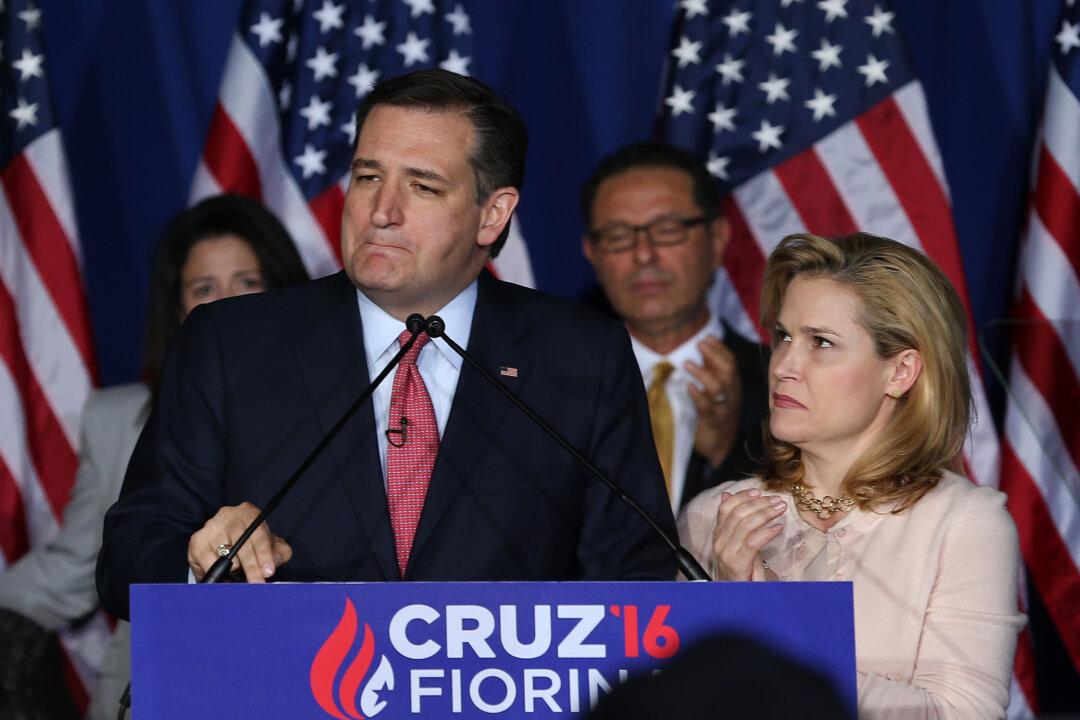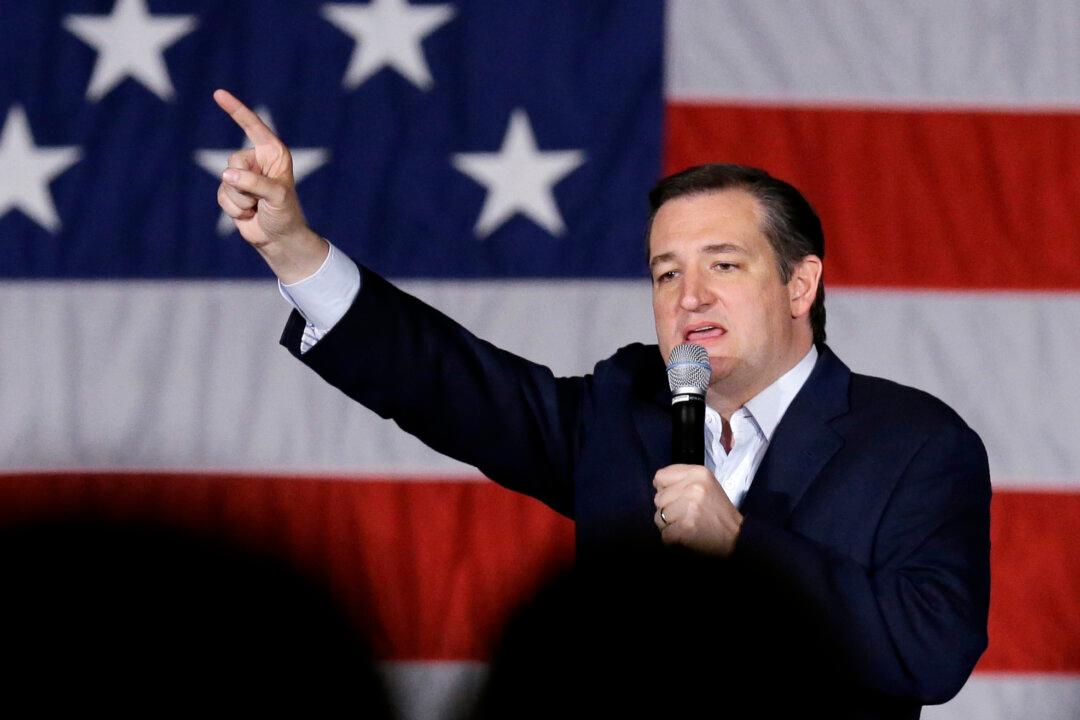Donald Trump’s highlight today was crushing Marco Rubio 46–27 in Rubio’s home state of Florida. He won every Floridian county except Miami-Dade, where Cuban Americans voted for Rubio. The defeat forced Rubio, once the clear favorite for the Republican nomination, to quit the contest. Trump won all 99 of Florida’s delegates as it was a winner takes all state.
Trump also won Illinois 39–31 vs Ted Cruz and North Carolina (N.C.) 40–37 vs Cruz. He appears to have won Missouri by 0.2 percent over Cruz. Trump’s one setback was in Ohio, where home state Governor John Kasich defeated him 47–36. Like Florida, Ohio was winner takes all, so Kasich won all 66 delegates.
N.C. used proportional representation, so Trump did not win a big majority of delegates there. However, provided he holds on to his slender Missouri lead, he will probably win 42 of 52 delegates in that state, as Missouri awarded five delegates to the winner of each of its eight Congressional Districts (CDs), and 12 to the statewide winner. This system disadvantaged Cruz, who did very well in a heavily Republican district, but worse in more Democratic areas. Despite the overall near tie, Trump is currently carrying six of eight CDs.




